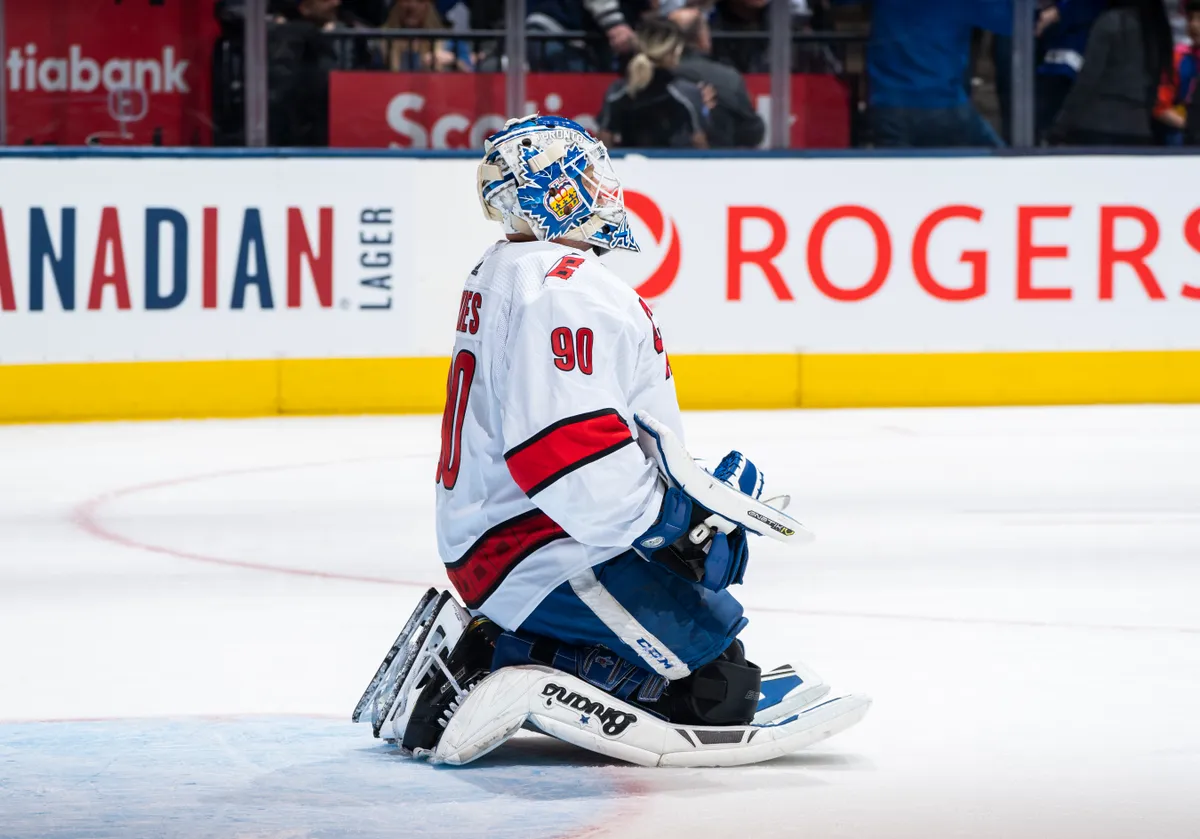In a rare twist of fate that underscores the unpredictability of professional sports, on February 22, 2020, the Carolina Hurricanes were forced into a strikingly unusual situation: both their goaltenders were injured mid-game. Enter David Ayres—a 42-year-old Zamboni driver, transplant survivor, and longtime practice goalie. With little preparation, Ayres stepped in as the emergency backup. He conceded the first two goals but went on to save the next eight shots, leading the Hurricanes to a shocking 6–3 victory over the Toronto Maple Leafs. This unbelievable debut made Ayres the oldest goaltender to win his first NHL game and an instant cult hero. His real-life tale—so improbable and enthralling—highlights the compelling narratives sports sometimes conjure beyond the familiar superstar saga.
Firsthand awareness of the game’s volatility brings this story to life. I vividly recall watching that game unfold: the sudden shift from routine evening match to a real-life David-versus-Goliath moment that captivated hockey fans worldwide. As an avid hockey follower, I recognize how this event transcended mere statistics—it injected raw human drama into a structured professional arena.
The broader implications are profound. Ayres’ improbable rise underscores the importance of readiness and resilience—on and off the ice. It also reminds organizations of the value in planning for the unexpected. For fans and aspiring athletes alike, his journey illustrates that sport thrives not just on talent, but on heart and readiness to seize the unexpected—and that extraordinary stories often spring from ordinary people thrust into extraordinary circumstances.







Leave a Reply